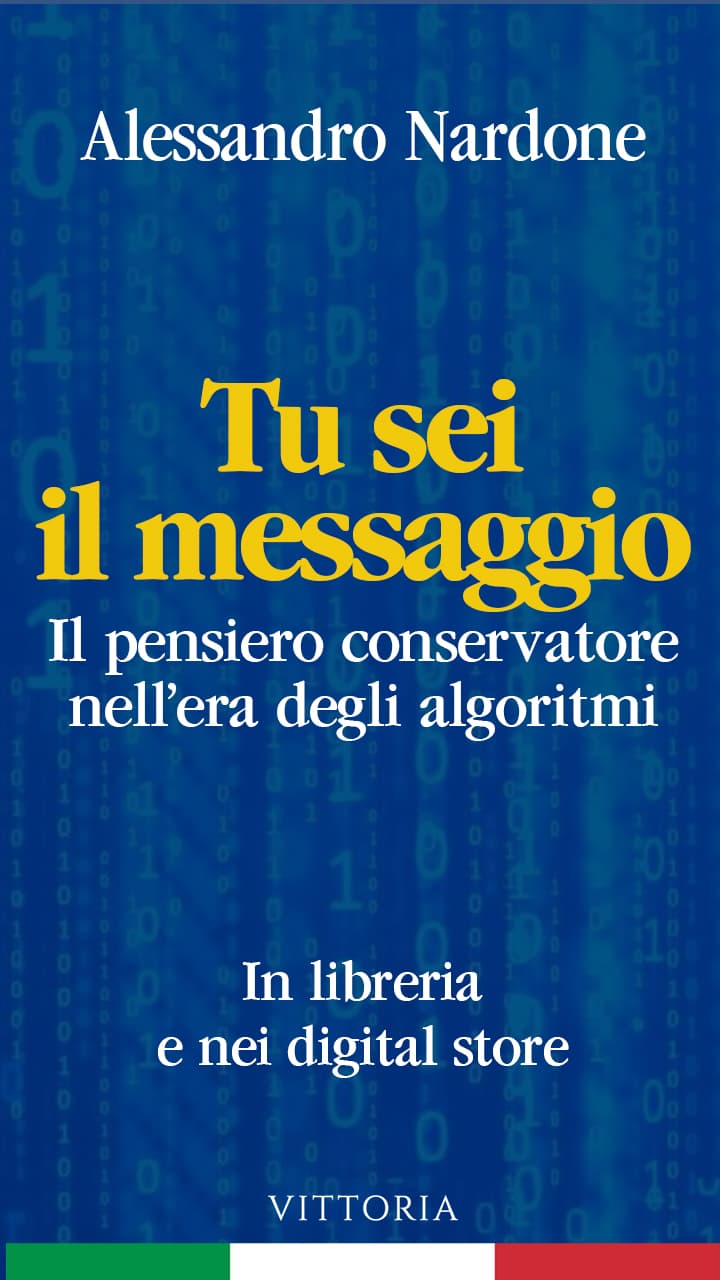It’s not easy to outline the figure of Edward Joseph Snowden.
There’s an high risk to fall in the trap plotted by the most basic rhetoric, the one, to be clear, which is able to transform in triviality one of the most relevant acts of “civil disobedience”.
The act of disclosing thousands of NSA (National Security Agency) files containing top secret documents related to mass surveillance programs, made by contractor Booz Allen Hamilton in June of six years ago and with the help of journalists Laura Poitras, Glenn Greenwald and Ewen MacAskill.
Courage on the other hand is not an automatic process and, as Thucydides writes in the “Peloponnesian War”, “The bravest are surely those who have the clearest vision of what is before them, glory and danger alike, and yet notwithstanding, go out to meet it”.
And yet, the human story of “Cincinnatus” (the nickname used by Snowden to contact Glenn Greenwald, ed) cannot be explained except as a lucid, tremendous act of courage following the resounding revelation of 2013. How many would have given up their own family, the privileges provided by an important job, well paid, in one of the most beautiful paradise in the world (Hawaii), just to defend every citizen’s freedom and privacy?Snowden has the merit, considering what was already accomplished in 1971 by Daniel Ellsberg, the person behind the scandal originated by the publication of the “Pentagon Papers”, of having shown everyone a disturbing and dangerous reality, built on the visionary scenarios predicted by Orwell in “1984”.
We are not in the chapter of a famous epic saga, nor of a videogame.
Inside Snowden’s condemnation, as Greenwald explains in his book “No place to hide”, we don’t find frustration or alienation, characteristic with which, through targeted delegitimization campaigns, whistleblowers are often branded, but only the desire to put a brake, a block, on the systems designed to “eliminate all forms of confidentiality” by the NSA with the “complicity” of the main web companies (Microsoft, Yahoo, Skype, Facebook, Aol, Apple, YouTube).
Today, thanks to the Datagate, we are able to understand what were programs like “Boundless Informant”, “Prism” (aimed at deeply probing the web to check/map e-mail conversations, chat, social networking with the excuse of national security), “Xkeyscore” (another internet control system used to get information from the web), “Epic Shelter” (designed at the beginning as a 24/24h back up system, but quickly evolved, hidden from its creator, in a program for military activities) and, in the end, the definitive “database”: Heartbeat, a sort of summary of all the other programs.From Snowden revelations clearly emerges how in the name of terrorism, behind which is hidden every kind of privacy violation, there is, instead, the repair of the real aim of the international intelligence: creating advantages in negotiations (for the benefit of the United States) during the main trade forums and maintain economic and social control of the supervised countries (friends or not).
This has been perfectly summarized in Oliver Stone’s film “Snowden”: “Terrorism has nothing to do with that. Terrorism is the justification.”
At stake there’s still the increasingly creaky relationship of a system balanced between security, laws (often disregarded by the facts), civil rights and citizens’ privacy.In the background, untouched by scandals and appeals, the data collection golem greedy feeds on, more widespread and precise every day.A monitoring exercise that is so precious for governments, but also for private individuals, who fatten up their databases and their wallets thanks to personal information collection systems. To Snowden, today stateless in Russia between a renewal of the residence permit and another, should be given the credit of having revealed the project of “computer dictatorship” conceived by American intelligence but, above all, of having fed, with its disclosures, the public debate about the importance of protecting privacy. «My life today? – he tells in a recent interview to Stefania Maurizi for “La Repubblica” – It’s a job. I don’t mean a common employment, but a fight. The world we have in front of us is really unfair for ordinary people. I cannot save it and I believe it’s not required to anyone. Everything we have to do is using our abilities to make this world a better place».
All that remains for us is to support the struggle started by Snowden aimed at a bigger protection of individual privacy, aware that freedom (therefore even the political act that derives from it) cannot be left to the sneaky use (and abuse) of an algorithm.
Thanks Ed.
Translation by Noemi Galbiati





























